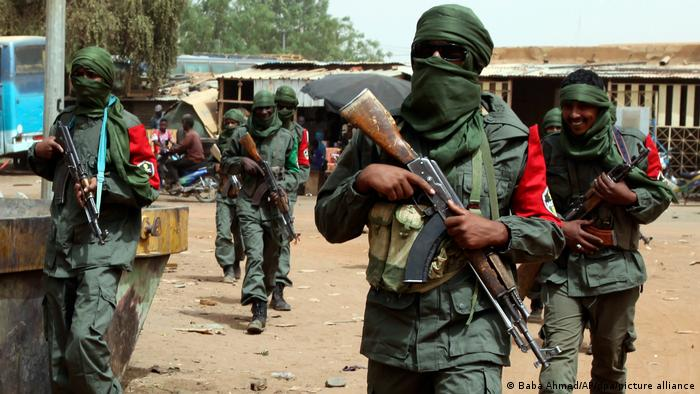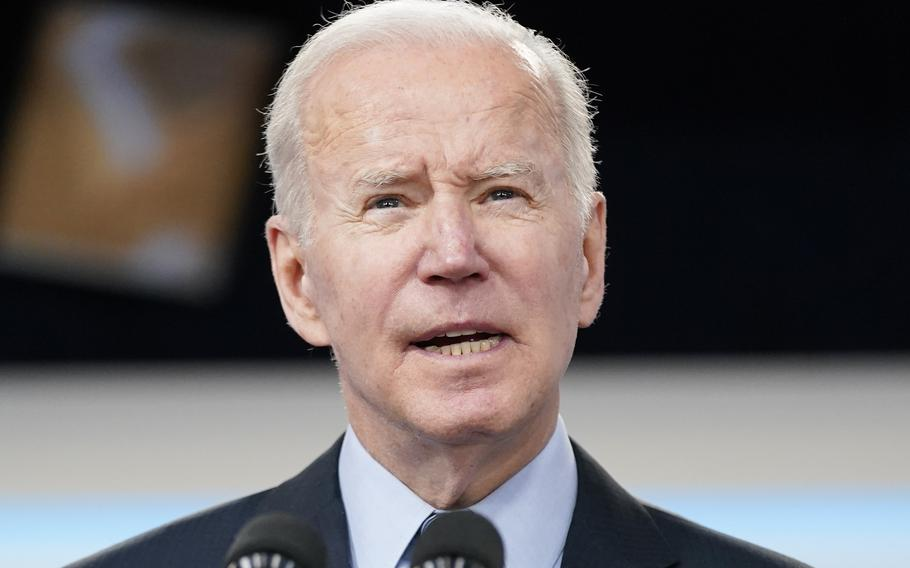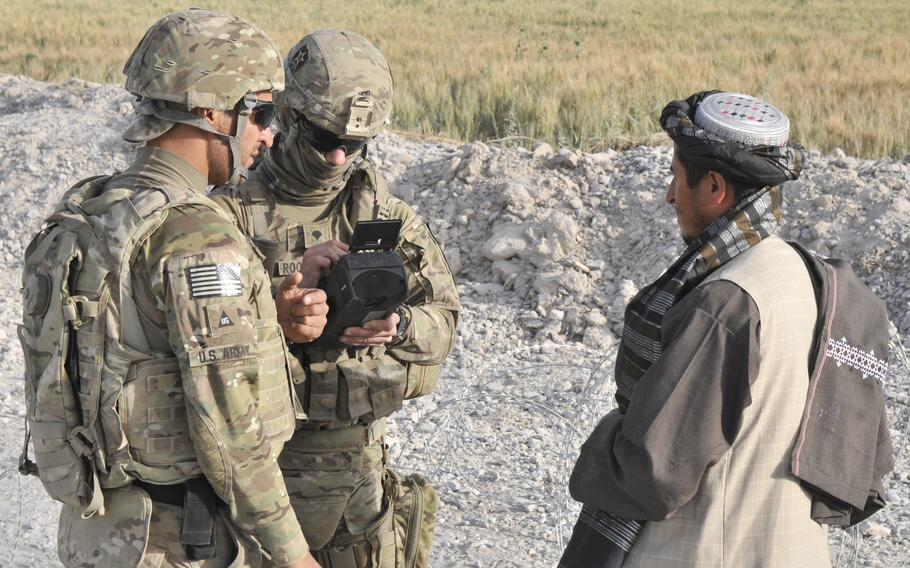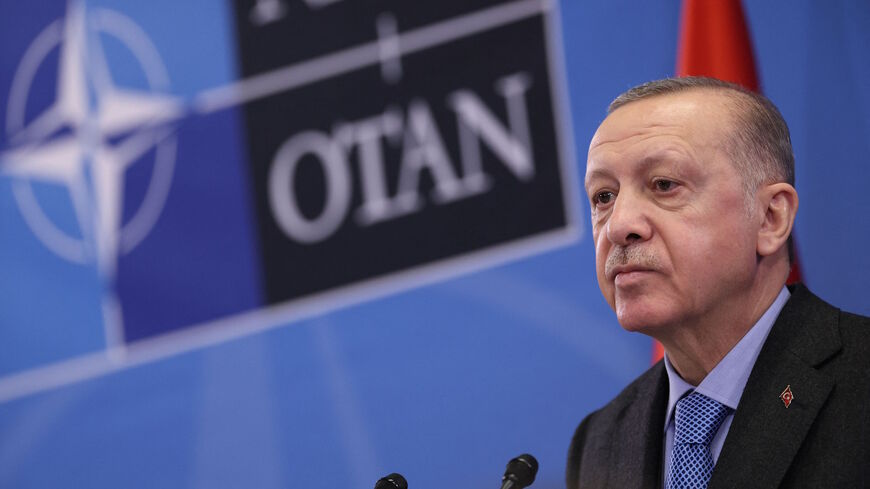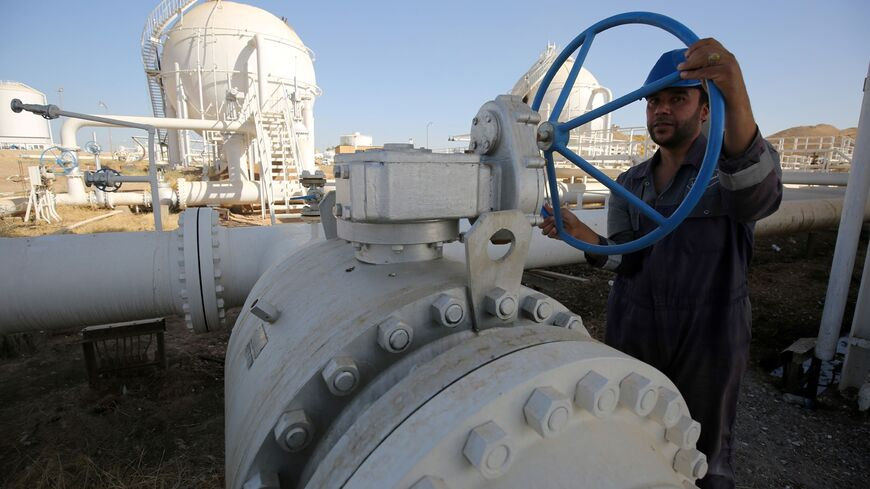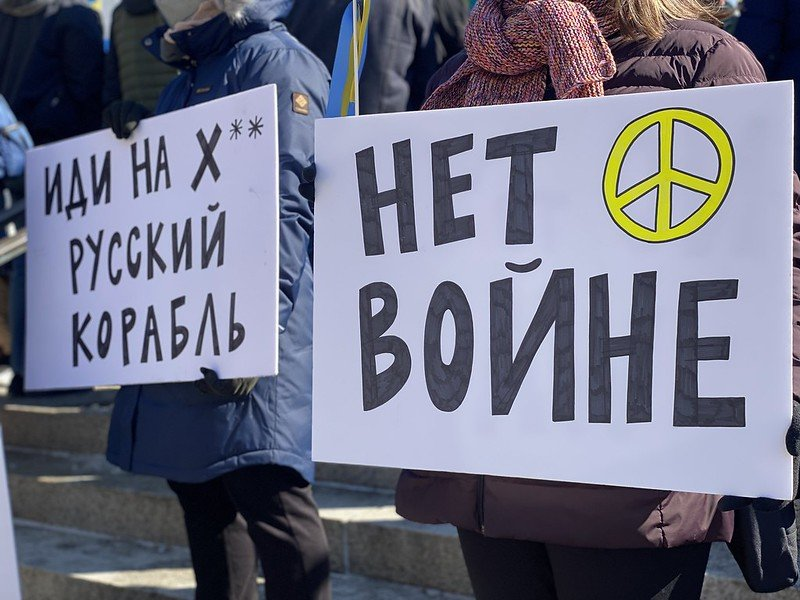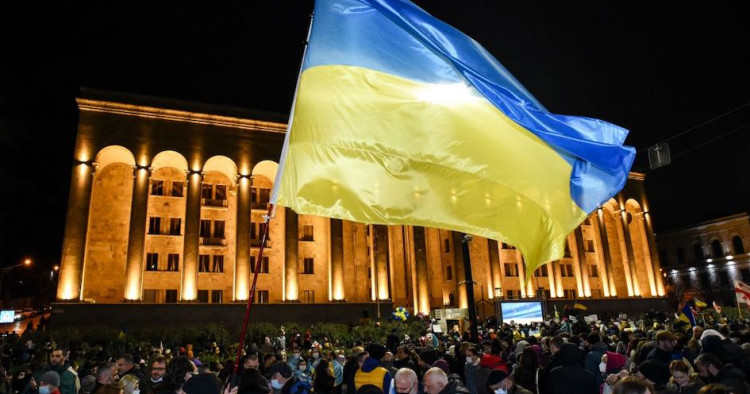Shades of terror: Fatah vs Hamas vs ISIS – analysis
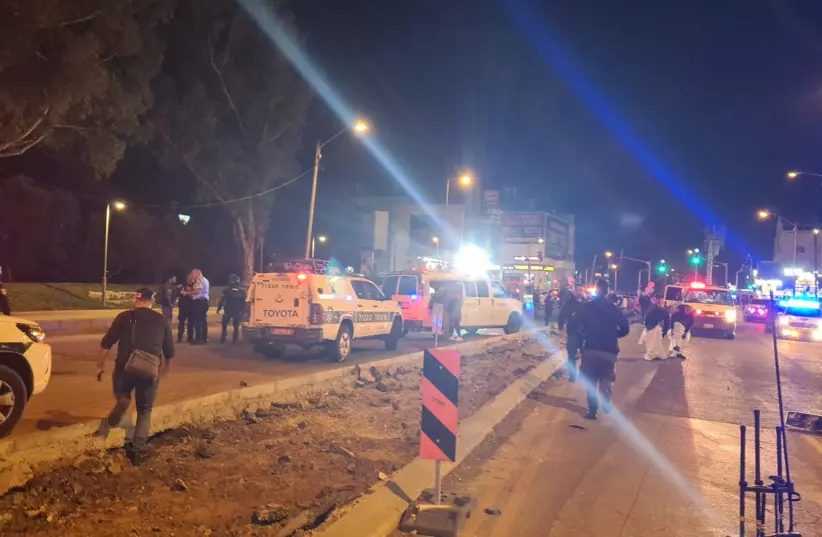
People with short memories might say that this wave of terrorism is just ISIS/Arab-Israeli related, but Hamas is also plenty involved.
Part of the challenge facing security forces in the face of the terrorist attacks over the past eight days has been their source: the perpetrators came from radically different sectors, and do not fit into a conventional box that holds a clear answer on what to do next.

